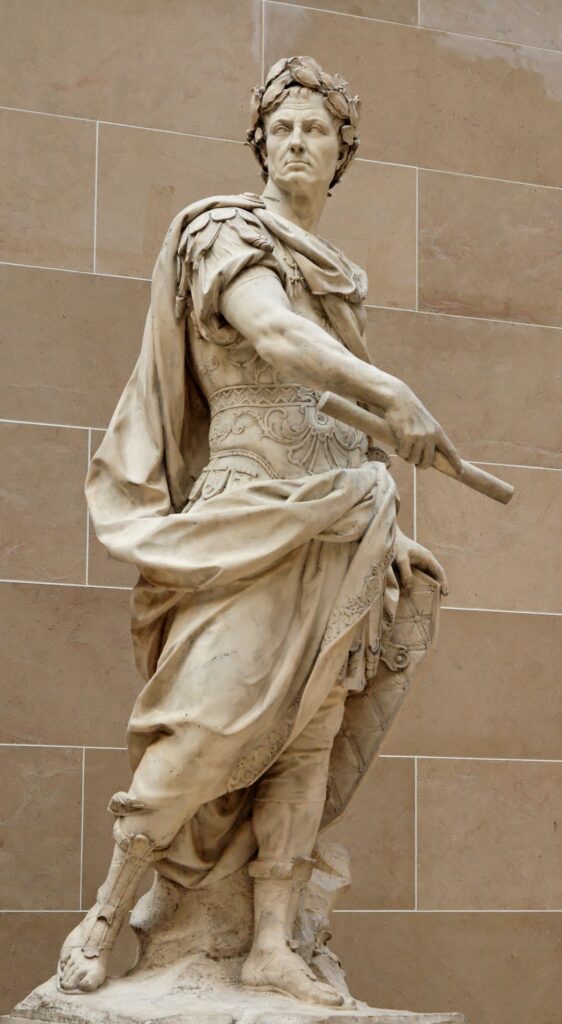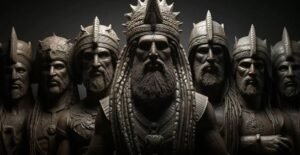The concept of a month is rooted in the moon’s cycle, historically termed as a “moonth”; every 28 days. Intriguingly, there’s a cosmic narrative involving turtles, believed to carry a calendar on their backs. Most turtles have 13 sections in the middle, corresponding to the moon’s cycles, with 28 days represented around their rim. This natural calendar was recognized and utilized by Native Americans, using turtles as a guide. The Bible, specifically in Job 12:7-10, suggests that all of creation is aware of its divine origin.


However, the question arises: why has the original divine calendar been altered, and what happened to the 13th month? The names of the months in the Gregorian calendar hint at a dissonance with their numerical order. For example, September, October, November, and December, originally meant to signify the seventh to the tenth months, now occupy the ninth to the twelfth positions. The beginning of the year is also subject to reinterpretation, with April, deriving from “Aprilis” in Latin, indicating a time of opening or appearing, suggesting it as the first month.
The names of the months reflect a mix of deities, historical figures, and numbers from an older calendar system. For instance, May and June are named after entities from mythology, while July and August are named after Julius and Augustus Caesar, respectively, deviating from their original numerical naming convention. Julius Caesar’s calendar reform is identified as a pivotal moment that contributed to the existing confusion, particularly with the omission of Sextilis, the ‘lost’ sixth month.

The narrative extends to a spiritual realm, suggesting the calendar’s alteration was aimed at distancing humanity from divine festivals and sabbaths, as prescribed in biblical texts. The alteration is posited as a means to obscure the true dates of significant religious observances, including the speculated true date of Jesus Christ’s death, which is linked with the origin of April Fool’s Day. This day, according to the narrative, mocks the ignorance of the true calendar and the significance of Jesus’s sacrifice.
The discourse concludes by urging a return to biblical teachings and recognition of the manipulation of time as an attempt to detract from divine worship. It emphasizes the importance of adhering to God’s designated holidays and observances, hinting at a cosmic struggle between divine intention and worldly distortion.









